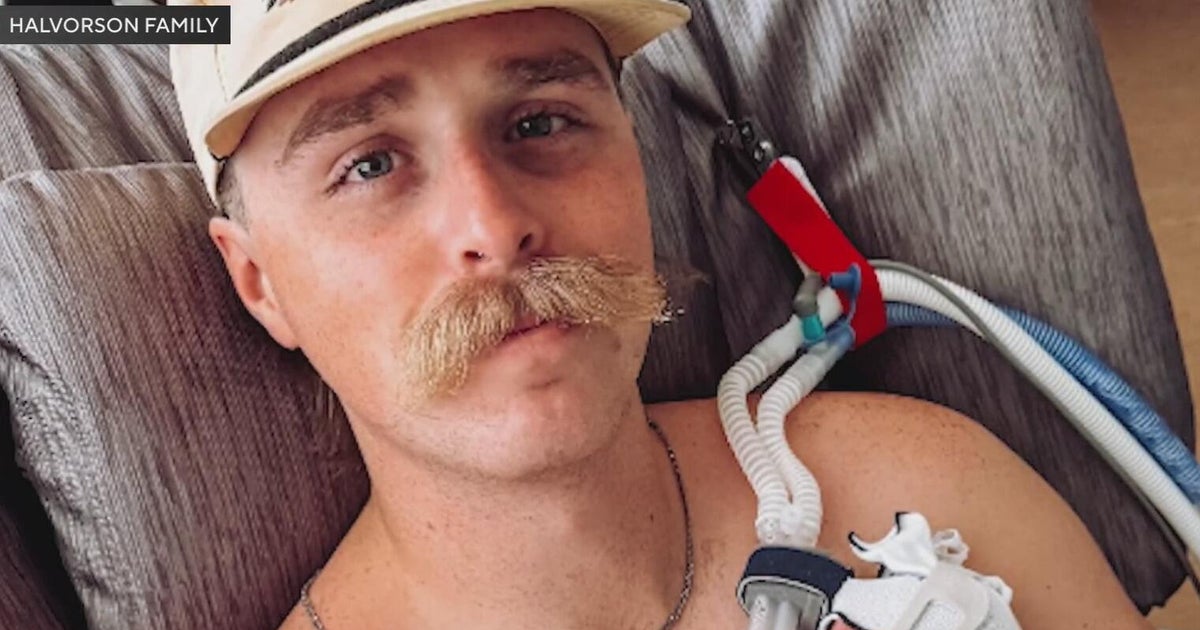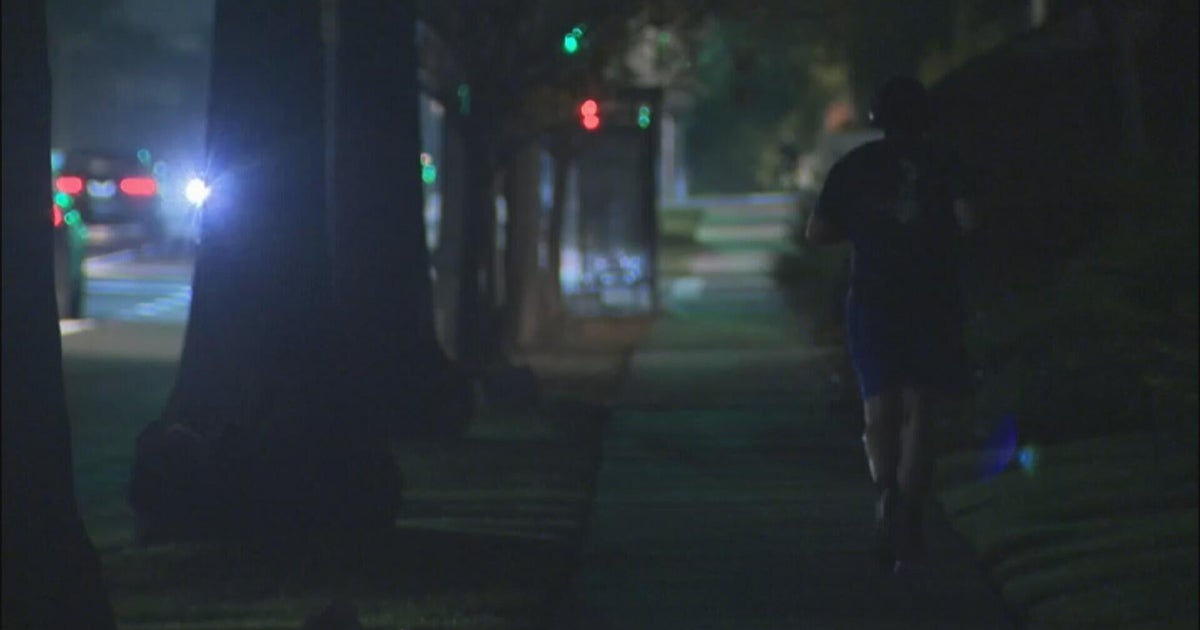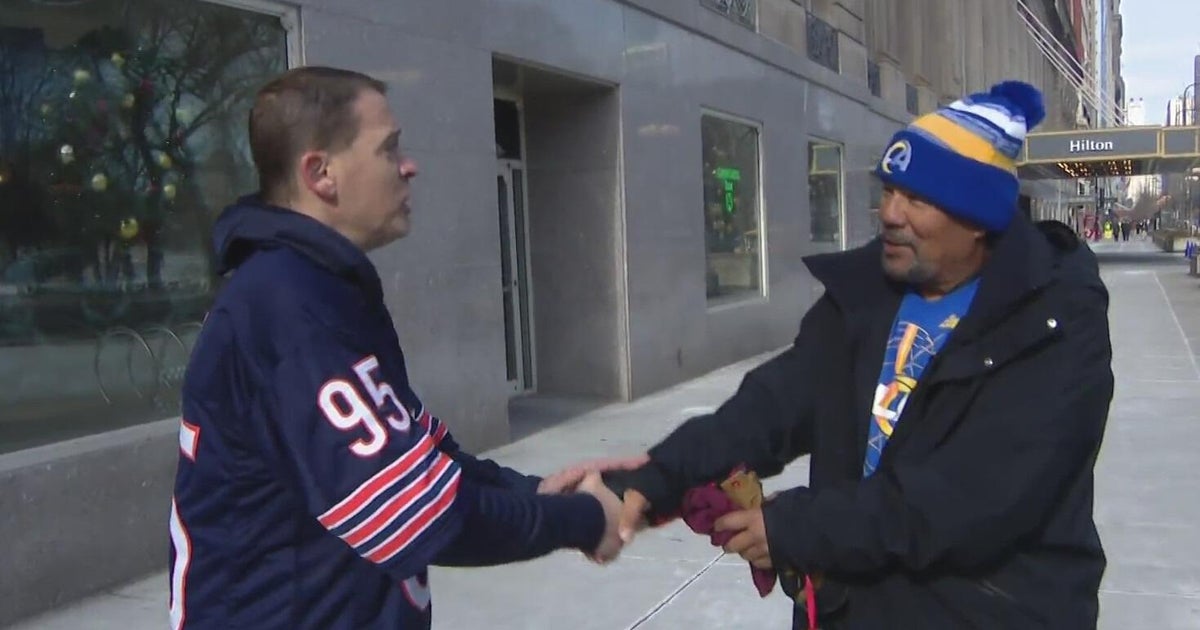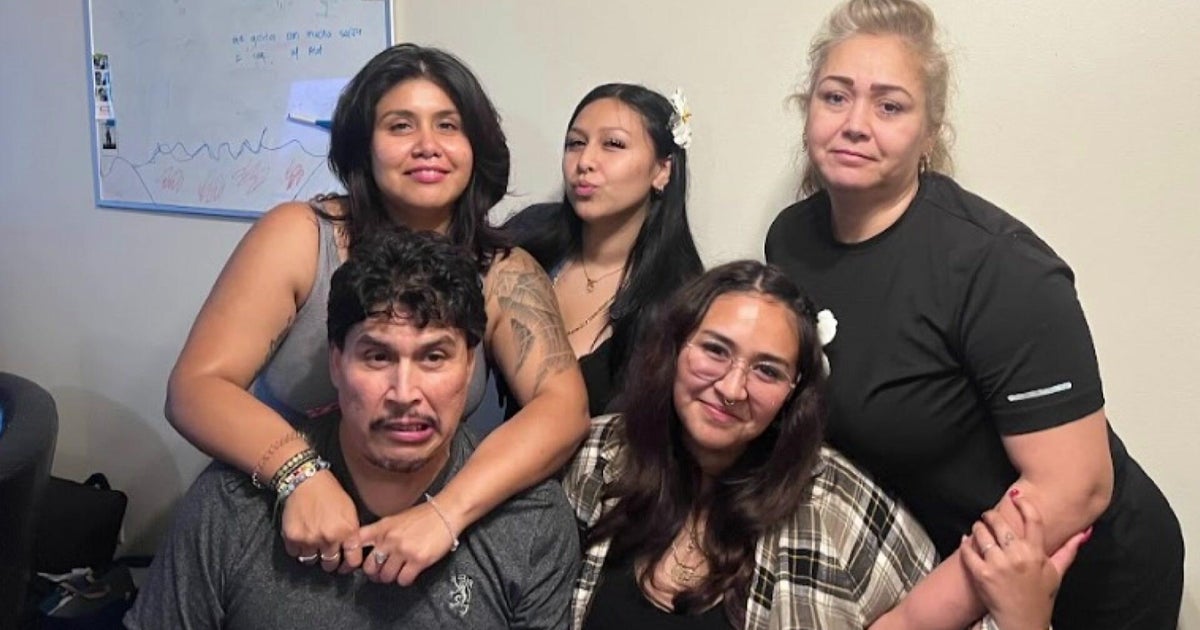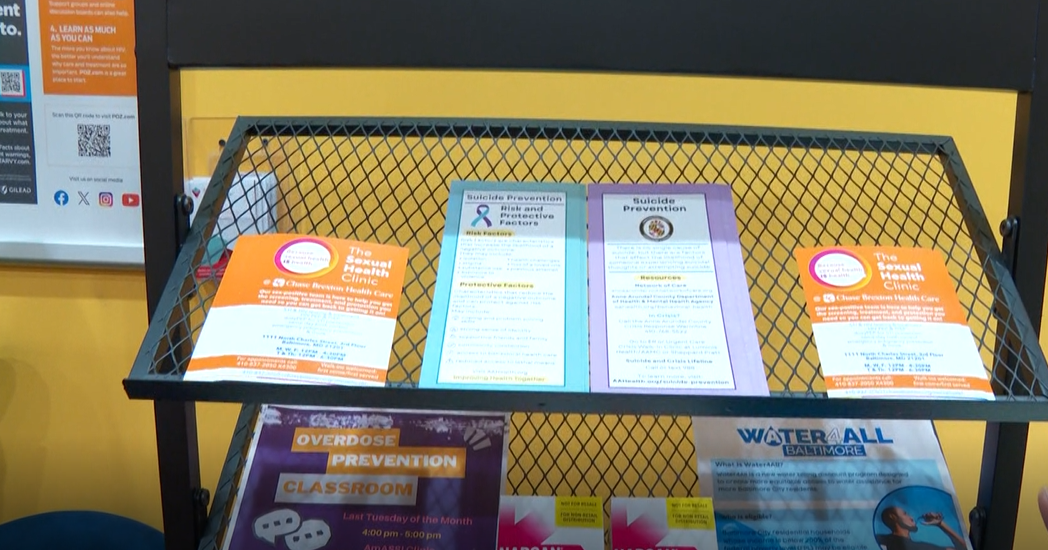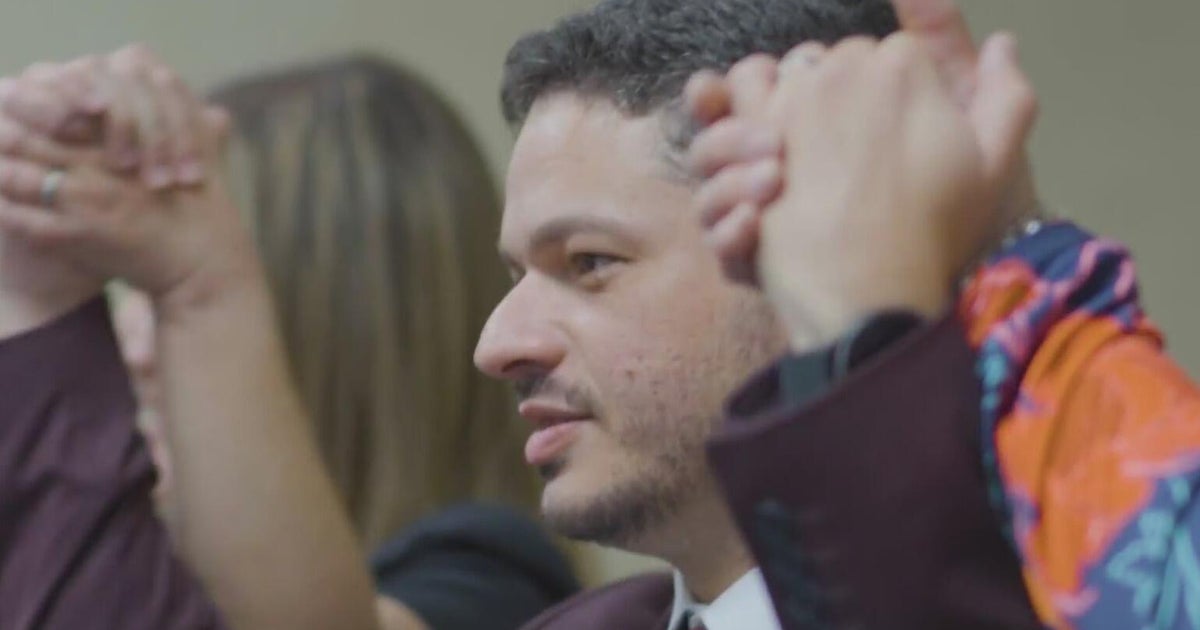Families Scramble After Group Homes Shut Down Due To Lack Of Workers
MINNEAPOLIS (WCCO) -- Staffing issues have impacted hospitals, clinics, senior living facilities and, now, group homes. Because of the specialized care residents need, and a lack of people do to those jobs, a number of Twin Cities group homes have closed their doors over the past, few months, leaving families scrambling to find care for loved ones.
"He's a very likable guy. You meet him and everybody loves him. Everybody loves him when they meet him," said Barbara Moon of her son Joseph, who was born 16 weeks premature and with cerebral palsy.
She says he wakes up each day with a zest for life.
"What do we like to do together? Theater. Yep, we like to go to theater shows," Janene Dold, Joseph's sister, said.
Living in ACR Homes allows Joseph to have the life he wants. ACR stands for "acceptance, communication and respect." They have 56 group homes, each with four residents who need 24/7 care. But there aren't enough caretakers to make that happen.
"Since COVID, the impact has been ten-fold. Much, much tougher," ACR Homes' Emily Schrankler said.
Right now, ACR has about 90 open shifts a day.
"Now we are pulling office staff. We are pulling anyone with the availability to go there. And that care is really compromised," Schrankler said.
And when they can't fill those shifts consistently, the homes close for good. That's what's happening to Joseph's place in White Bear Lake. It's one of four ACR group homes that will be closing in March. The closings will impact 17 residents and their families.
"I was pretty much in shock because I didn't think they'd ever close a house. Most of the people that live in his house right now are in wheel chairs and have high medical needs," Moon said.
With so many job openings in so many sectors, ACR is asking lawmakers for funding to help pay their caregivers better, so they'll stick around.
Dold hates to see her brother leave his friends and the place he loves. They're starting over, but she's proud that Joseph keeps smiling through it all.
"Making sure that they know they are normal people, too. They are special and they have interests and likes and they have feelings, just like everybody else," Dold said.
ACR would like to see long-term funding from lawmakers to fix the problem. They believe if caretakers were able to make $20 to $22 an hour, it would help them retain staff. Right now those same employees are making about $15 an hour.
